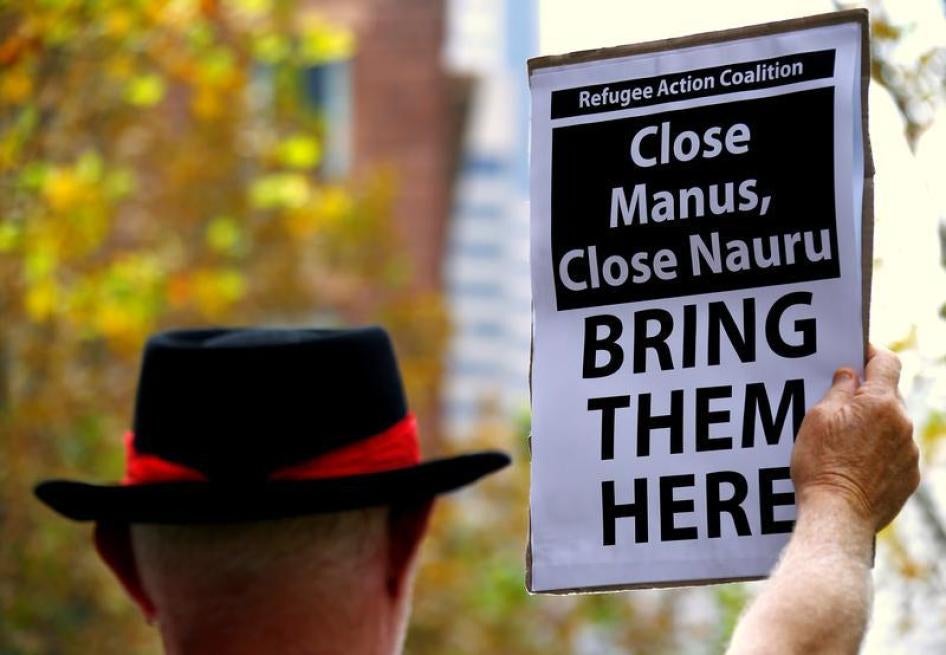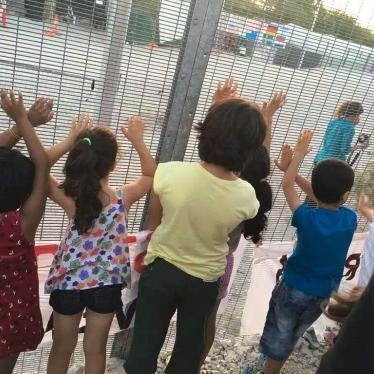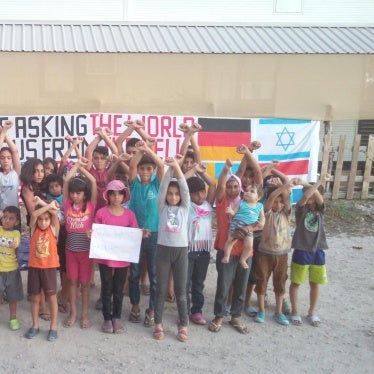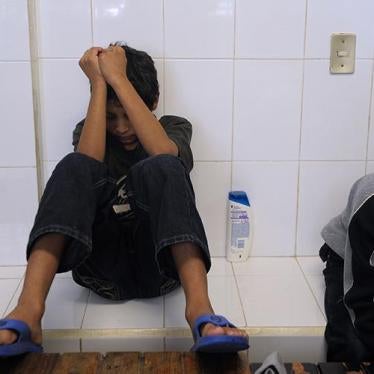This week Australia’s Foreign Minister Julie Bishop is on a charm offensive at the United Nations in New York in a bid for a Human Rights Council seat in 2018-2020.
Australia, France, and Spain are vying in a competitive election for two seats from the Western Europe and Other Group (WEOG). No country has a perfect human rights record. France and Spain fall short in respecting human rights in their responses to terrorism and asylum and migration. But the United Nations General Assembly expects all Council members to “uphold the highest standards in the promotion and protection of human rights” and “fully cooperate with the Council.”
Australia’s reputation on rights has been damaged by its practice of sending asylum seekers to Australian-funded centers on Nauru and Papua New Guinea’s (PNG) Manus Island, where abuses are rife.
Human Rights Watch examined firsthand how prolonged, indefinite detention in Nauru and PNG has driven people to the breaking point, with alarming levels of trauma, depression, and other mental health conditions. These refugees and asylum seekers regularly endure violence, threats, and harassment from local residents, with little protection from the authorities.
Repeatedly, UN experts and agencies have urged Australia to address abuses in offshore processing. Most recently, the UN special rapporteur on the human rights of migrants, Francois Crepeau, in his report dated April 24, observed how Australia’s policies “have increasingly eroded the human rights of migrants, in contravention of international human rights and humanitarian obligations.” He called on Australia to quickly shut these centers and “terminate the offshore processing policy, in order to remedy the systemic human rights violations that the policy creates.”
Crepeau will present his findings to the Council in June.
Australia should adopt Crepeau’s recommendations without delay. While the Australian government has said it will close the Manus processing center by October 31, it seems that people living there will simply be shunted to another center on Manus or given the option of remaining permanently in PNG, a country with little willingness or capacity to integrate these refugees. A deal to resettle some refugees in the United States may come through, yet the fate of those not accepted by the US remains unclear.
Australia can strengthen its bid for a Human Rights Council seat by proactively addressing Crepeau’s recommendations. That means ending offshore processing for good, and bringing those who remain in PNG and Nauru to Australia without further delay.










